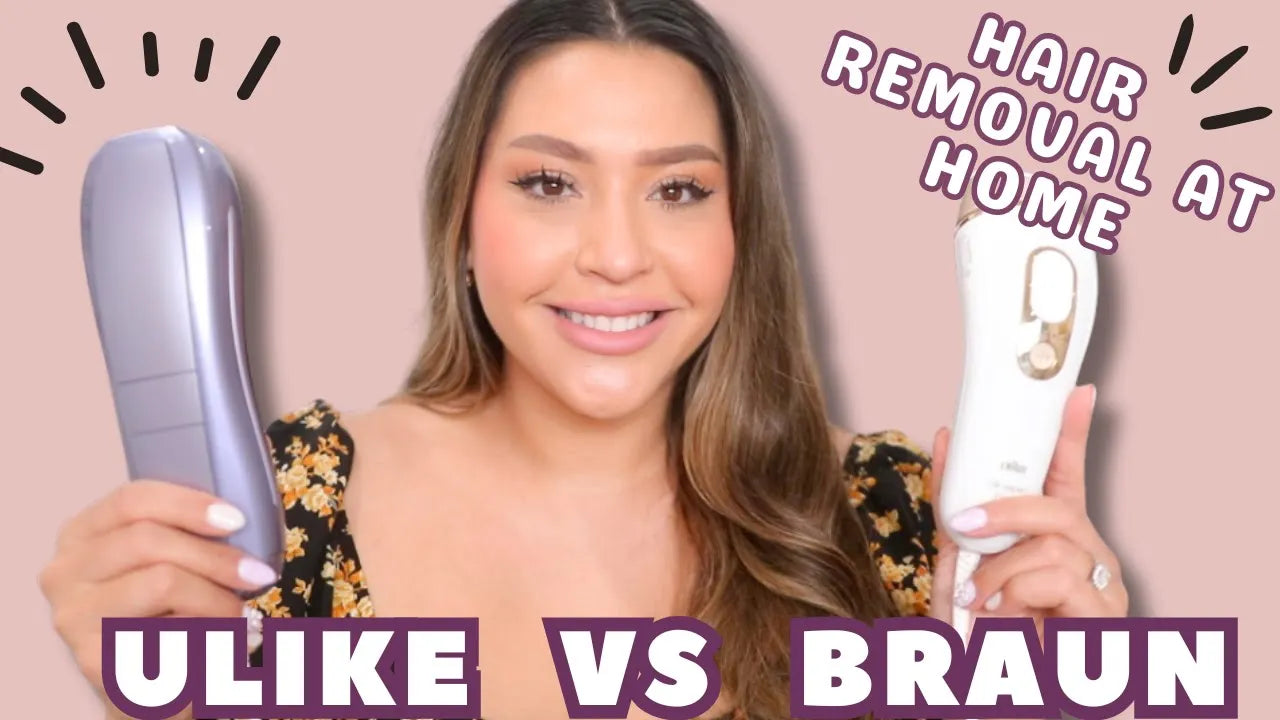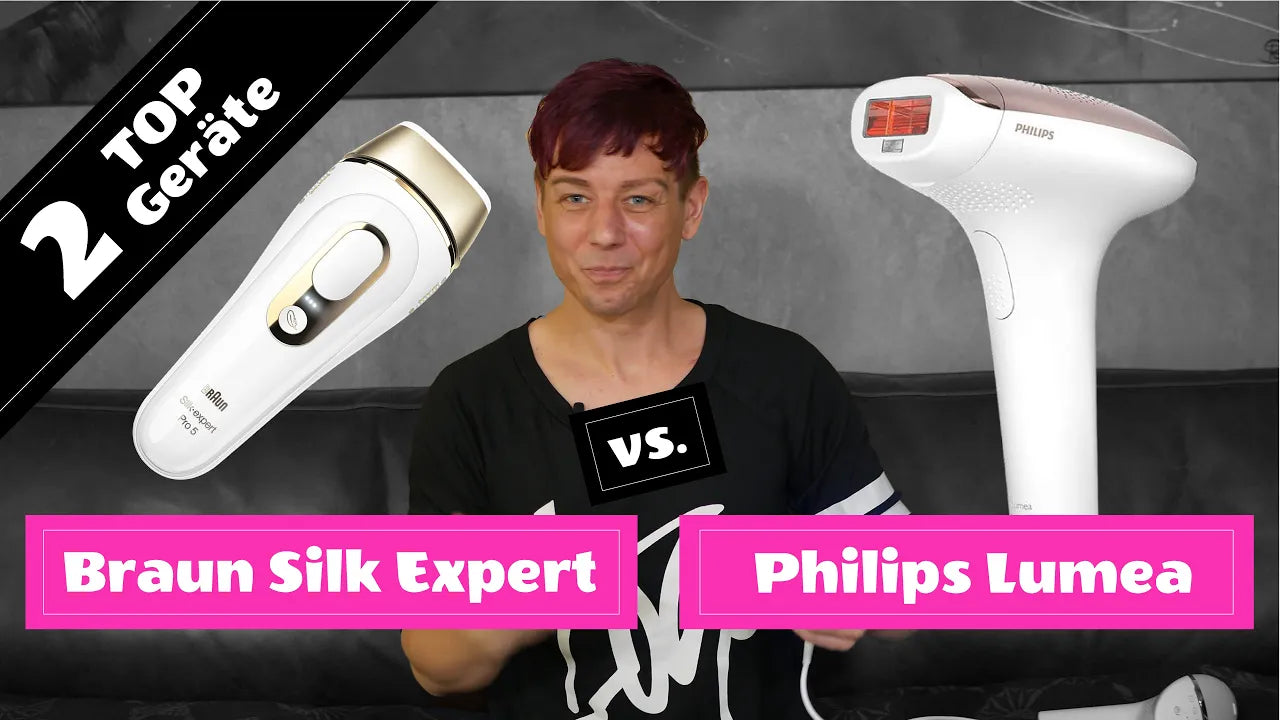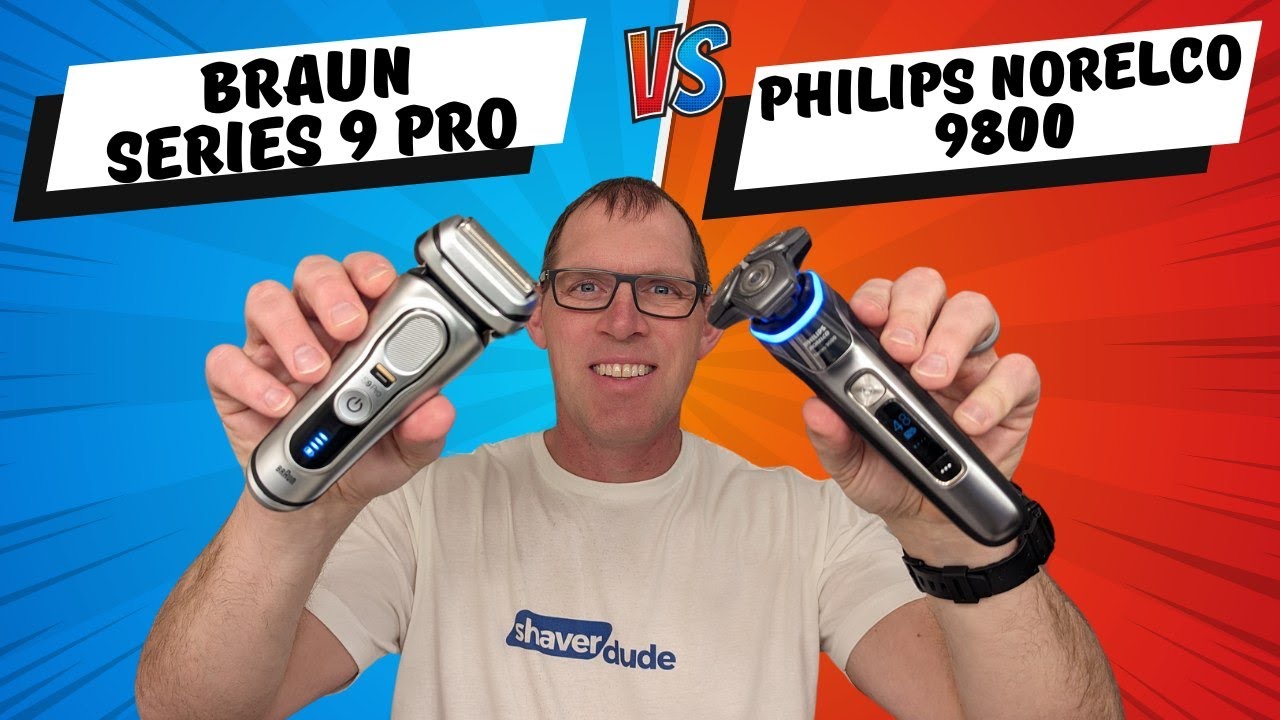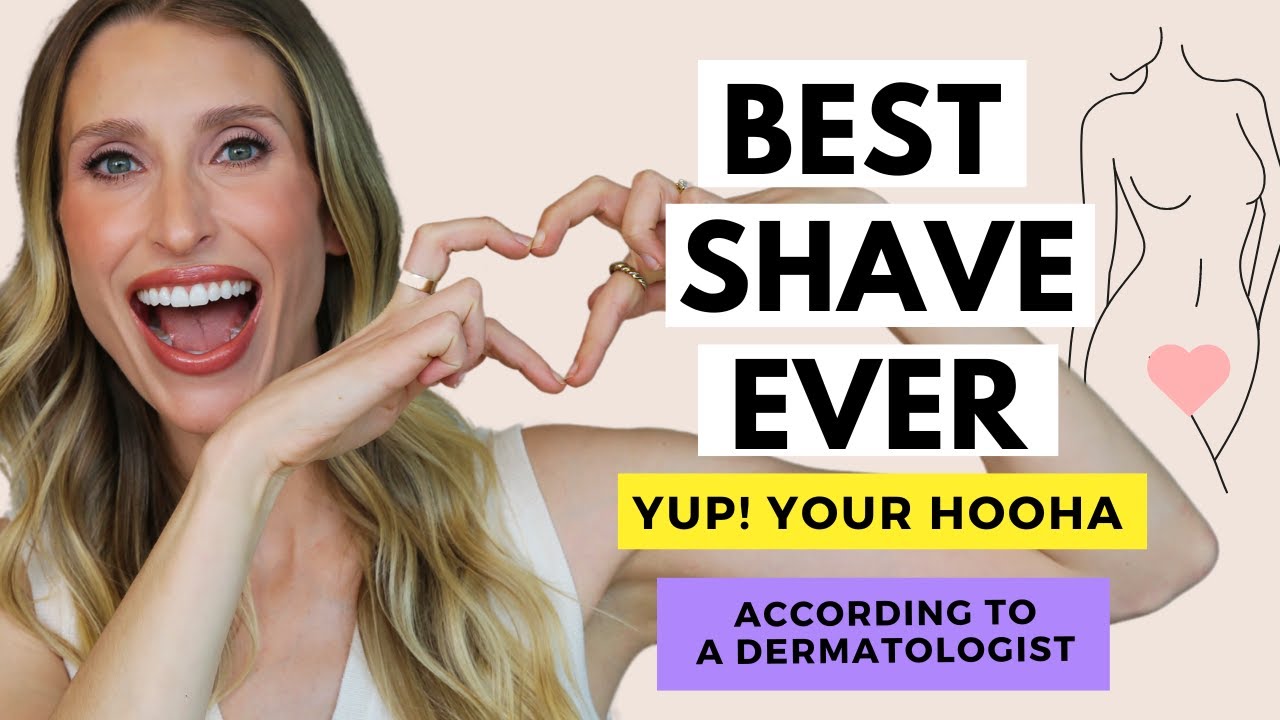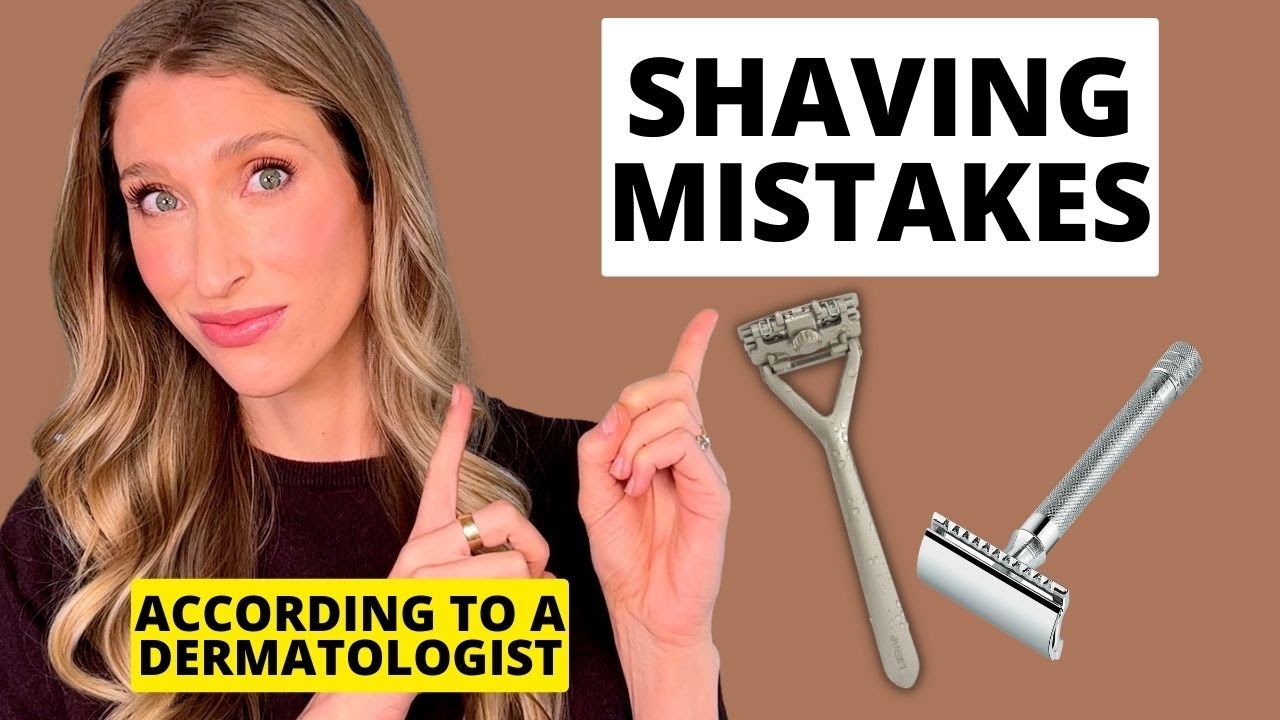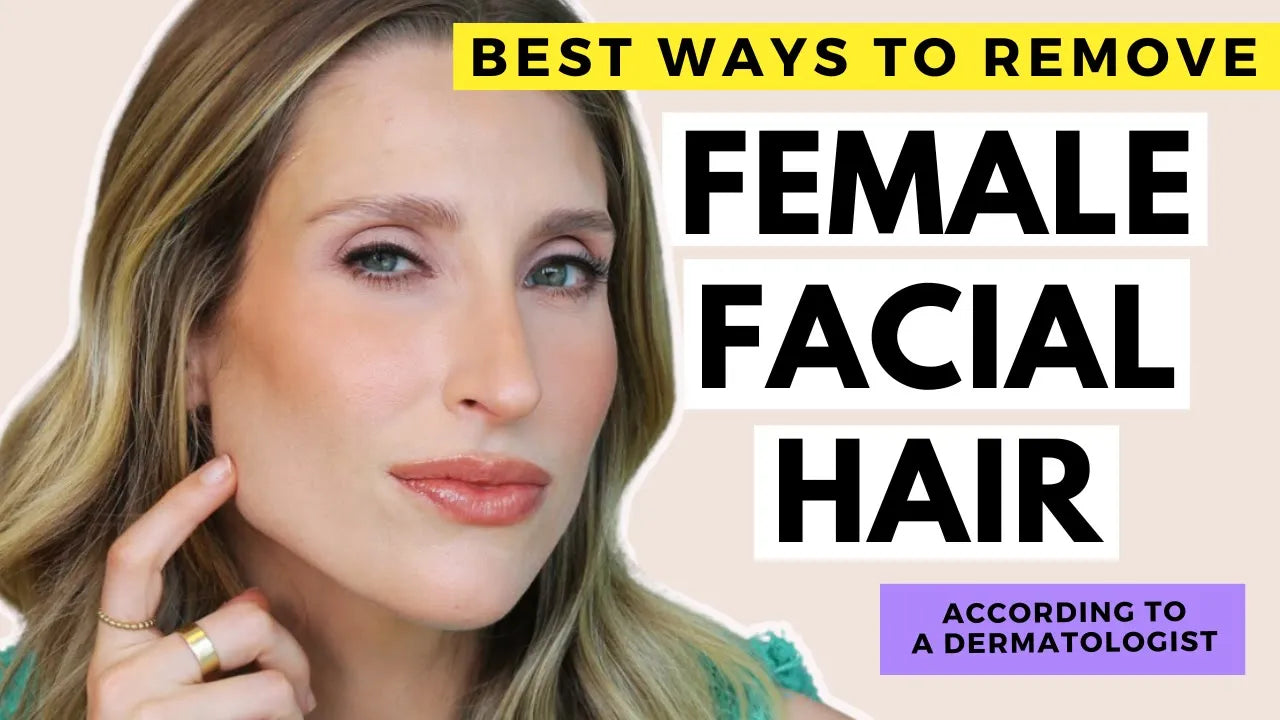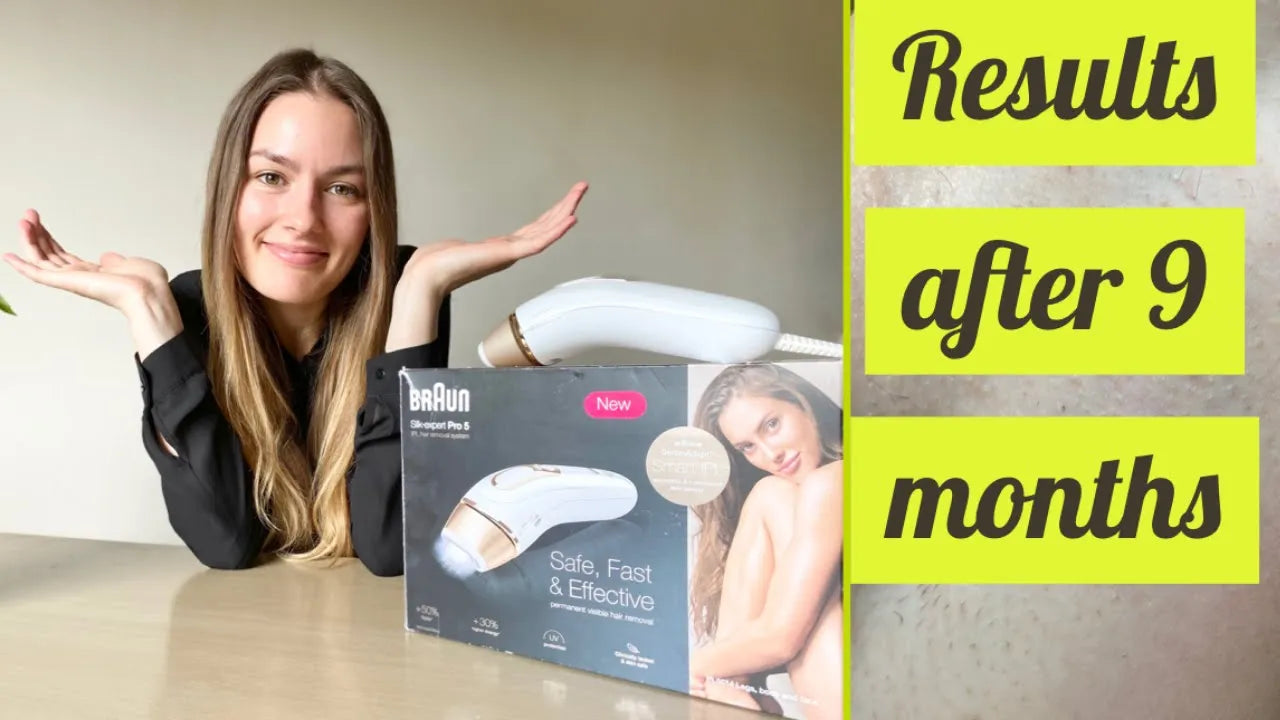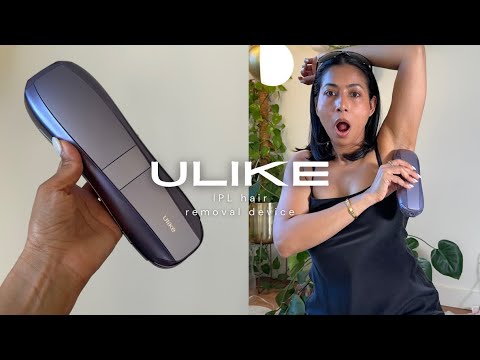If you’re a nurse who wants more “face time” with patients, then a career in dermatology nursing might be a good option for you.
Seriously, dermatology–the treatment of medical conditions affecting the skin, hair and nails–is a field poised for growth, especially for minority nurses. For one thing, nurses of color are greatly underrepresented in the specialty (although actual statistics are hard to come by). Additionally, the United States is currently experiencing a shortage of dermatologists. As a result, doors of opportunity are opening for nurse practitioners in dermatology, who are considered licensed independent practitioners in many states.
But above all, the specialty needs more nurses who are attuned to the unique skin health needs of Americans of color. According to the American Academy of Dermatology, some skin diseases, such as melanoma, are harder to diagnose in people with dark skin. Other dermatological conditions occur more frequently in persons of color. Furthermore, skin of color is more sensitive than Caucasian skin and may not respond well to treatment methods commonly used with white patients.
Culture Is Skin Deep, Spring 2006
In addition, there has been a growing acceptance of cosmetic skin procedures among racial and ethnic minorities in recent years. In the year 2000, people of color accounted for 14% of all such procedures performed in the U.S., according to the American Society for Aesthetic Plastic Surgery. By 2005, the percentage had soared to 20% and is expected to rise even more in the coming years.
Many of the minority dermatology nurses interviewed for this article entered the field because the opportunity presented itself, rather than as a pre-planned choice. But now that they’re there, they say they can’t imagine working in any other specialty.
One of the biggest draws is the opportunity to develop relationships with patients, many of whom have weekly visits to treat their chronic skin conditions. “You really get to know the patients,” says Lisa Wesley, LPN, who works in the general dermatology clinic at the Kirklin Clinic, part of the University of Alabama at Birmingham (UAB) Health System. “You get to monitor their care and see their improvement.”
Patient education is a big part of the job. In fact, most dermatology nurses spend nearly half their time with patients educating them about caring for their skin after treatment, whether it’s removal of a mole or a chemical peel. “For every patient I treat, there is time set aside for education, depending on how often they come in,” says Jacqueline Collins, BSN, RN, a laser surgery nurse at Washington, D.C.-based Cultura Cosmetic Medical Spa. “All patients ask some questions.”
A typical day for Collins, who has been trained to work with 22 different kinds of lasers, includes performing skin rejuvenation procedures, such as complexion blending to treat post-acne scarring and hyperpigmentation, and using intense pulsed light to treat melasma, rosacea, freckles and age spots, not to mention laser hair removal.
See alsoIn the Spotlight: Katrina Sanders, RN, ONC
Yolanda Ephriam Patton, LPN, who works in Kirklin’s dermatologic surgery clinic, spends between two and four hours with each patient who undergoes Mohs micrographic surgery for the excision of skin cancer. Approximately half of that time she spends explaining what the patient can expect and will need to do after discharge.
Special Skin, Special Needs
The spa at which Collins works was co-founded by African American dermatologist Eliot F. Battle, MD, who specializes in treating patients of color. Although most skin diseases occur in all types of people regardless of their skin color, racial and ethnic minorities are more prone to certain skin problems.
[ads:other]
The biggest one is post-inflammatory hyperpigmentation, which is darkening of the skin caused by a disorder such as eczema or an injury such as a cut or burn. Others are keloids that form when a scar spreads beyond the size of the original wound; melasma, which is characterized by brown spots or patches on the face; vitiligo, a condition that results in irregular white patches; and flesh moles, usually on the cheeks. The most common hair problems affecting people of color include pseudofolliculitis barbae (caused by curved hairs growing back into the skin causing itchy, painful bumps) and alopecia or hair loss due to straightening or braiding.
The increased risk and incidence of scarring and keloid formation in people with dark skin impacts what treatments are used and how they are performed, says Battle, an assistant clinical professor of dermatology at Howard University in Washington. For example, because people of color can get dark spots from an injection and they have a different muscular structure than Caucasians in some areas of the face, there are differences in how and where they should be injected with Botox® or Restylane®.
See alsoCancer Resources for Hispanics
These unique problems, plus the fact that minorities with skin conditions like psoriasis and eczema can often be misdiagnosed by doctors who may not be familiar with darker skin, underscore the need for more dermatology nurses with first-hand knowledge of what it’s like to have non-Caucasian skin and hair.
“[Minority] patients relate better when a person of color is involved in their skin care,” says Battle, who was involved in developing lasers that are safe and effective for the treatment of ethnic skin types. Many nurses of color have the same skin problems that their minority patients do, he adds, so they understand the issues at a deeper level than nurses who have never experienced them. “They also have a higher level of appreciation of the differences and nuances of lighter and darker skin types in people of color. Their knowledge extends beyond what they’ve learned in school by observing their own family members.”
Collins, who is African American, concurs. “I identify with so many of the patients’ problems because I had them,” she says. “When they look at me and say my skin looks great, I tell them that 18 months ago I was where they are. That gives them hope and makes them so much more relaxed. Their embarrassment and shyness melts away.”
Patients of color are grateful that someone understands their skin and is not turned off by hyperpigmentation, notes Mary Agnes Simmons, BSN, RN, an African American laser surgery nurse at Cultura. The patients, who often wear make-up to cover their dark spots, have to wash their face before any kind of treatment. “It’s very difficult for an ethnic-skinned woman to let us see her without any make-up,” says Simmons, “but they’re more willing to do that with a minority nurse because our skin tones and coloring are the same.”
Patton, who is also African American, says that many minority patients ask her about how she takes care of her skin and hair. “I’ve had a lot of laser procedures myself, so I can tell them what works and what doesn’t, what will hyperpigment their skin and what won’t,” she explains.
Culturally Competent Dermatology Nursing
Nurses of color also have knowledge of cultural considerations that can enhance the dermatology care of their minority patients, says Marrise M. Phillips, BSN, RN, CCRC, DNC, director of clinical trials at Mid-Charlotte Dermatology and Research in North Carolina.
See alsoThriving in Your First Nursing Job
“You cannot effectively treat a person you do not understand,” argues Phillips, who was the first African American president of the Dermatology Nurses’ Association (DNA). “It is extremely difficult to educate patients if you have no understanding of them as a total being, and this must include what is ‘natural’ to them.”
Understanding that some steps necessary for a successful treatment may not be acceptable to people from certain cultures enables a dermatology nurse to work around these barriers without offending the patient. Additionally, forming a trusting bond can be difficult if the patient knows the nurse doesn’t really understand her or him.
Culture Is Skin Deep, Spring 2006
This scenario plays out daily in dermatology offices across the country. Wesley, who works with Caucasian dermatologists, has found that African American patients tend to ask her questions they won’t ask the doctor.
“The number one cause of hair loss in the African American population is the use of chemicals to straighten the hair,” she says. “The first response from the doctor is: ‘Stop relaxing the hair, cut it off and start over.’” When a patient tells Wesley that this is not an option, she can suggest other choices such as wearing a natural style, braids or wigs. “They’ll take the information easier from me than from a Caucasian nurse,” she adds. Wesley can also recommend hair care products to use and those to avoid.
On Fridays–her busiest day–she works in Kirklin’s new ethnic skin clinic, which was established by a dermatology resident approximately a year ago. Patients give the clinic rave reviews and seem happy that someone has finally addressed their skin care needs, Wesley reports.
Language barriers are another cultural gap that can be bridged by minority dermatology nurses, especially those who are bilingual, says Cathleen Boeck, RN, CCRC, DNC, the current DNA president. “Inherently, minority nurses are going to be more accepted by patients who have skin of color. There’s a trust level that is more easily [achieved] with someone who looks like they do and can speak their language.”
Cecilia E. Ardila, BS, LVN, who is bilingual and able to communicate with patients who come from Central and South America, knows that to be true. “They’ll stumble through the English language,” says Ardila, who works at Dermatology Surgery Associates in Houston. “But once they know I speak Spanish, they’re so much more comfortable.”
See alsoNow Casting: Production Company Seeks Male Nurses
She also shares her family history of skin cancer, a disease that many people of color mistakenly believe they are not at risk of developing because of their higher concentration of melanin. Minority dermatology nurses can play an important role in helping to dispel this myth and educating patients of color about skin cancer prevention.
Nurses Wanted. Will Train.
How can minority nurses interested in dermatology get started in the field? Although most nursing programs don’t give students much exposure to this specialty, dermatology nurses do require special training. Fortunately, most dermatologists are very willing teachers.
“The fact that the doctor was willing to train me in dermatology really inspired me to move in that direction,” says Ardila, who accepted a job offer at Dermatology Surgery Associates after 14 years in obstetrics. Today she works with general dermatology patients, assists with surgeries and performs some cosmetic procedures. She also attends, on average, one health fair a month where she educates the public about general skin care and skin cancer prevention.
Dermatology nurses can obtain specialty education through the Dermatology Nurses’ Association, which also offers certification and continuing education programs. Additionally, some American Academy of Dermatology programs are open to dermatology nurses.
As for job opportunities, the specialty offers a wide variety of practice settings. For example, dermatology nurses can works in physician’s offices, outpatient clinics, community health centers, VA hospitals and private practices that include dermatology. Nurses working in a general dermatology clinic might find themselves examining skin biopsies for melanoma, following up with patients undergoing treatment for contact dermatitis or performing phototherapy for the treatment of vitiligo. In a dermatologic surgeon’s office, nurses may perform dermabrasion to remove acne scars, inject soft tissue fillers to “plump up” and minimize wrinkles or assist during cryosurgery to remove skin growths.
Regardless of how they enter the field or where they choose to practice, minority nurses who make a career move to dermatology are likely to find it a uniquely rewarding experience. Simmons, for instance, feels that she is helping the African American community by offering cosmetic treatments, such as lasers and peels, which previously were available only to white patients.
“Some people see [cosmetic procedures] as a vanity thing, but I don’t,” she says. “These treatments help improve how you feel about yourself. And if you feel good about yourself, you can project a positive image to others.”
See alsoQ&A on Diabetes and Hispanics with Dr. Angelica P. Herrera
Calling All Nurse Practitioners
In 2005, the Dermatology Nurses’ Association (DNA) established a Nurse Practitioner Society within the association to meet the unique educational, networking and career advancement needs of nurse practitioners (NPs) in dermatology.
“We started the Society because there’s an ever-growing number of nurse practitioners in the DNA who have special needs for education,” says Barbara McKeehen, MSN, ARNP, a director of the DNA. The Society plans to develop a core body of knowledge and provide continuing education activities to maximize the competency of NPs who care for dermatologic patients. It has already developed the standards and scope of practice.
Promoting recognition of NPs as mid-level providers with an expertise in dermatology is another of the Society’s goals. “Ten years ago, most dermatologists didn’t know what NPs were,” notes McKeehen. Today that situation has changed, thanks in part to the current shortage of dermatologists, which the American Academy of Dermatology expects to worsen over the next few years.
McKeehen expects the demand for NPs practicing dermatology to grow tremendously, especially in the southern states where the shortage of dermatology MDs is more acute. “If a dermatologist goes into practice and wants to hire someone to see patients with him or her, that person can be a nurse practitioner,” she says. “And if the dermatologist has an ethnic patient population, certainly a [minority] nurse practitioner would be beneficial.”
A dermatology NP can conduct examinations, make diagnoses, order laboratory tests, perform biopsies and recommend treatments, including excision of skin cancers and prescribing of medications, if he or she has privileges to do so. Some NPs can perform cosmetic procedures such as chemical peels and microdermabrasion, as well as injecting Botox and fillers. In fact, in some states, NPs are licensed independent practitioners who can set up their own practice.
For More Information
Dermatology Nurses’ Association
American Academy of Dermatology
www.aad.org
National Institute of Arthritis and Musculoskeletal and Skin Diseases
www.niams.nih.gov








